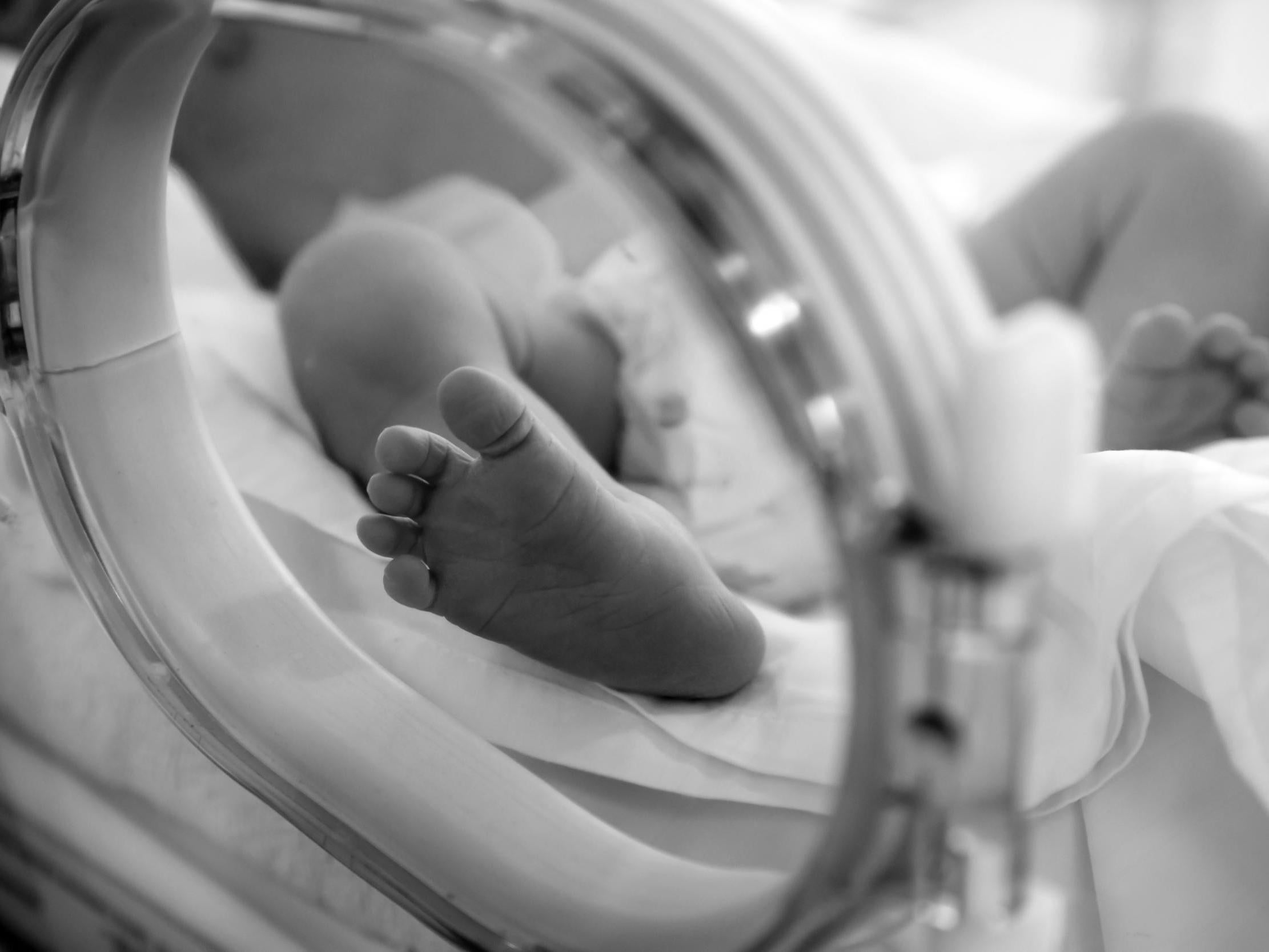Parents grieving their dead newborns let down by patchy NHS support, major review warns
'Incredibly distressing' cries of newborn children can be heard in four out of 10 maternity unit bereavement rooms

Your support helps us to tell the story
From reproductive rights to climate change to Big Tech, The Independent is on the ground when the story is developing. Whether it's investigating the financials of Elon Musk's pro-Trump PAC or producing our latest documentary, 'The A Word', which shines a light on the American women fighting for reproductive rights, we know how important it is to parse out the facts from the messaging.
At such a critical moment in US history, we need reporters on the ground. Your donation allows us to keep sending journalists to speak to both sides of the story.
The Independent is trusted by Americans across the entire political spectrum. And unlike many other quality news outlets, we choose not to lock Americans out of our reporting and analysis with paywalls. We believe quality journalism should be available to everyone, paid for by those who can afford it.
Your support makes all the difference.Families grieving the deaths of their newborn children are being let down by under-resourced and inconsistent NHS maternity units lacking specialist support and facilities, a major audit of neonatal care has found.
Parents who have lost a child will remember the days after for the rest of their lives and small details can have a profound impact on their recovery and wellbeing, the stillbirth, neonatal death and premature baby charities Sands and Bliss said.
But the report spanning 100 maternity units in England found that, too often, staff did not receive regular bereavement training to best support patients, or help for the emotional toll on their own wellbeing.
It also found that in 43 per cent of bereavement rooms, where parents can spend time with their dead child, the cries of other babies can be heard – and this can be “incredibly distressing”.
“While nothing can reduce the pain and suffering that the death of a baby causes, high-quality bereavement care can help families cope with the devastating experience,” Clea Harmer, chief executive of Sands, said.
“Insensitive care can cause increased levels of suffering that can stay with families for a lifetime,” she added.
In the UK around 40 babies a week die in the first 28 days of life.
Improving services is doubly important after an Office of National Statistics report found infant mortality rates were rising again, driven by the first increases in neonatal death rates since 2011.
One in five units lack bereavement care training for staff, while more than a quarter of units provide no emotional support for neonatal care nurses and a third lack support for doctors.
More than eight out of 10 units now have bereavement care lead, but only around 10 per cent said they were given time to perform this role.
The charities also praised the widespread availability – in 94 per cent of units – of “cuddle cots” fitted with a cooling system that allows families to spend time with their child after it has died if they wish to.
One parent whose baby died shortly after birth in 2018 said: “I could spend as much time with my baby as I wanted, and the bereavement midwife brought us lunch, so we could spend longer with our baby and have them special memories.”
The charities said this shows the difference good quality bereavement care can make to parents.
“In light of neonatal death rates starting to rise again, the government in England must redouble its efforts to reduce these tragic deaths in order to achieve its ambition to halve stillbirths and neonatal deaths by 2025,” Caroline Lee-Davey, chief executive of Bliss said.
“It is vitally important that governments and NHS leaders across the UK take urgent action to ensure bereavement care in neonatal units is better resourced, and staff are better supported to deliver high quality care to parents.”
However in another case, a parent who responded to the audit said: “There was one person who from the moment we found out there was a problem was very negative and to be honest needs to go on a course on how to handle emotional parents.”
While the family recognised the staff member could not give them false hope, they found the approach was “inappropriate, hurtful and very rude”.
Dr David Evans, a consultant neonatologist with the Royal College of Paediatrics and Child Health (RCPCH), said specialist staff and facilities recommended by the report – and NHS England guidelines – should be available in all trusts.
“As a doctor who works with very sick newborn babies, I see the ups and downs experienced by parents daily and sadly sometimes babies do not get better.
“Baby loss is heartbreaking for all involved, including the healthcare professionals who provide the neonatal care. We mustn’t forget that they are human too and require some level of emotional support.
“Today’s audit lays bare the gaps in bereavement support across neonatal units but crucially, it makes a series of recommendations that, if implemented, could transform care in these delicate and emotional days and weeks after loss.”
An NHS England spokesperson said: ”Neonatal mortality rates have improved in recent years but it is vital that appropriate, parent-led support is in place for parents who experience the devastating loss of a much loved baby.
“NHS England has national recommendations for local hospitals and NHS staff to provide this support, including that bereaved parents’ views continue to be acted on to further improve services.”
Join our commenting forum
Join thought-provoking conversations, follow other Independent readers and see their replies
Comments